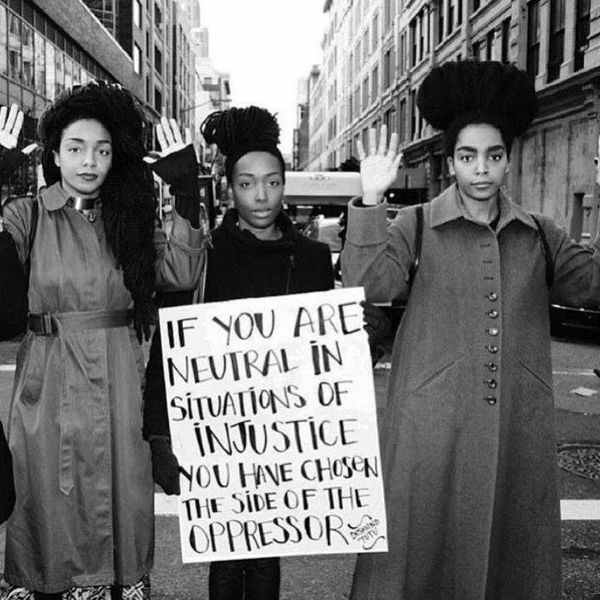This year, Gambia, Burundi, South Africa and Russia have all pulled out of the International Criminal Court, raising concerns over the court's legitimacy. The ICC was established as apart of the Bretton Woods International system after WWII in order to prosecute war crimes and crimes against humanity. Gambia, Burundi and South Africa claim that the court is biased against African Nations, calling it the “International Caucasian Court.” Russia, who never actually joined the court, "pulled out" over the court’s scrutiny of human rights abuses in the Ukraine and Georgia.
On the surface, these countries are just attempting to avoid prosecution for their own misdeeds, but it points to a larger problem with the ICC and the International Systems itself. The ICC was established to prosecute perpetrators of war crimes across all nations, yet the largest and most influential countries in the world—Russia, China and the United States—never joined the ICC, meaning they are not subject to its jurisdiction. On top of this, the UN Security Council has veto power over which cases the ICC hears, giving Security Council members (Russia, China, the United States, France and the UK) the ability not only to protect themselves but also their allies from ICC scrutiny. This gives the Security Council the ability to insulate themselves from scrutiny and protect their allies, leaving other nations out of the realm of power. This points to another problem within the current international system, mainly the construction of the UN Security Council itself. The Security Council establishment is based on which countries were most powerful following WWII but now picks countries such as the UK and France, whose global influence has diminished greatly since WWII, seem out of date and discriminatory to regions such as Africa, South America and the Middle East, countries that are not represented on the Security Council. This creates an imbalance in the international system which favors the European powers that established it, making the claims of these African countries seem in some ways less absurd.





















